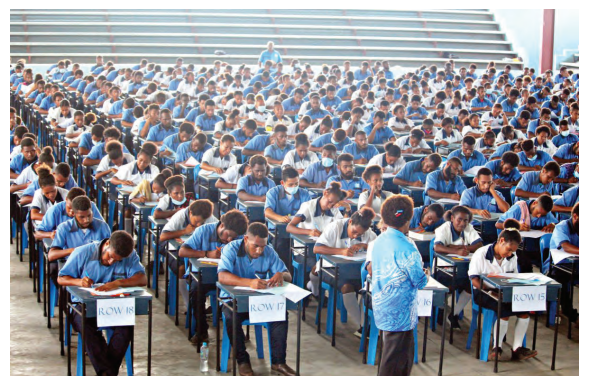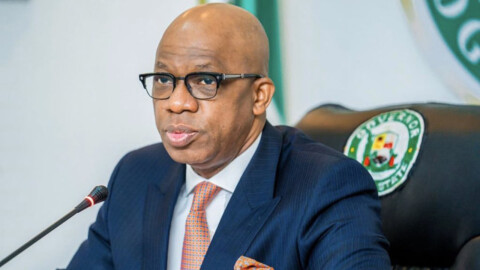Education is important for any nation’s development, as it shapes the economic and infrastructural framework needed for growth. However, the academic performance of students in Nigeria is a growing concern. Recent data from the Joint Admissions and Matriculation Board (JAMB) highlights this issue, revealing that only 0.4% of candidates scored 300 or above in the 2024 Unified Tertiary Matriculation Examination (UTME). This statistic has sparked debates about the state of education in Nigeria and the roles parents, schools, and students play in this scenario.
Humphrey Nze, a concerned parent, pointed out that poor learning environments, especially in public schools, are a significant factor contributing to academic failure. He emphasized that students cannot excel in conditions where they lack basic needs, such as adequate nutrition and qualified teachers. Dr. God Provides Ayoyemi James-Idowu, Head of the General Studies Department at Gateway (ICT) Polytechnic, added that the decline in societal and cultural values, including parenting practices, also plays a role. Broken homes and lack of emotional support can negatively affect students’ concentration and motivation.
Ayoyemi further argued that overindulgence by parents is another issue. When parents shield their children from responsibilities, it can lead to laziness and a lack of effort in academics. Successful parenting, especially in education, requires a balanced approach that combines support with the instillation of discipline and hard work.
Michael Dayo Omisore, an educationist, proposed the ’50-30-20′ Principle to explain academic failures. According to this principle, 50% of a student’s academic performance is the school’s responsibility, 30% is the student’s own effort, and 20% is the contribution of parents and the home environment. Omisore emphasized that while good schools are essential, they alone cannot guarantee success. Parents and students must actively participate in the learning process to maximize academic potential.
To address these issues, stakeholders in the education sector have called for increased funding and oversight in primary education. Dr. Kola Awoyemi highlighted the need for comprehensive solutions, such as free education from primary to secondary levels and tackling the rising number of out-of-school children. He argued that neglecting education contributes to broader societal problems, including insecurity and terrorism. Therefore, a holistic approach is necessary to improve the academic performance of Nigerian students and ensure a brighter future for the nation.





